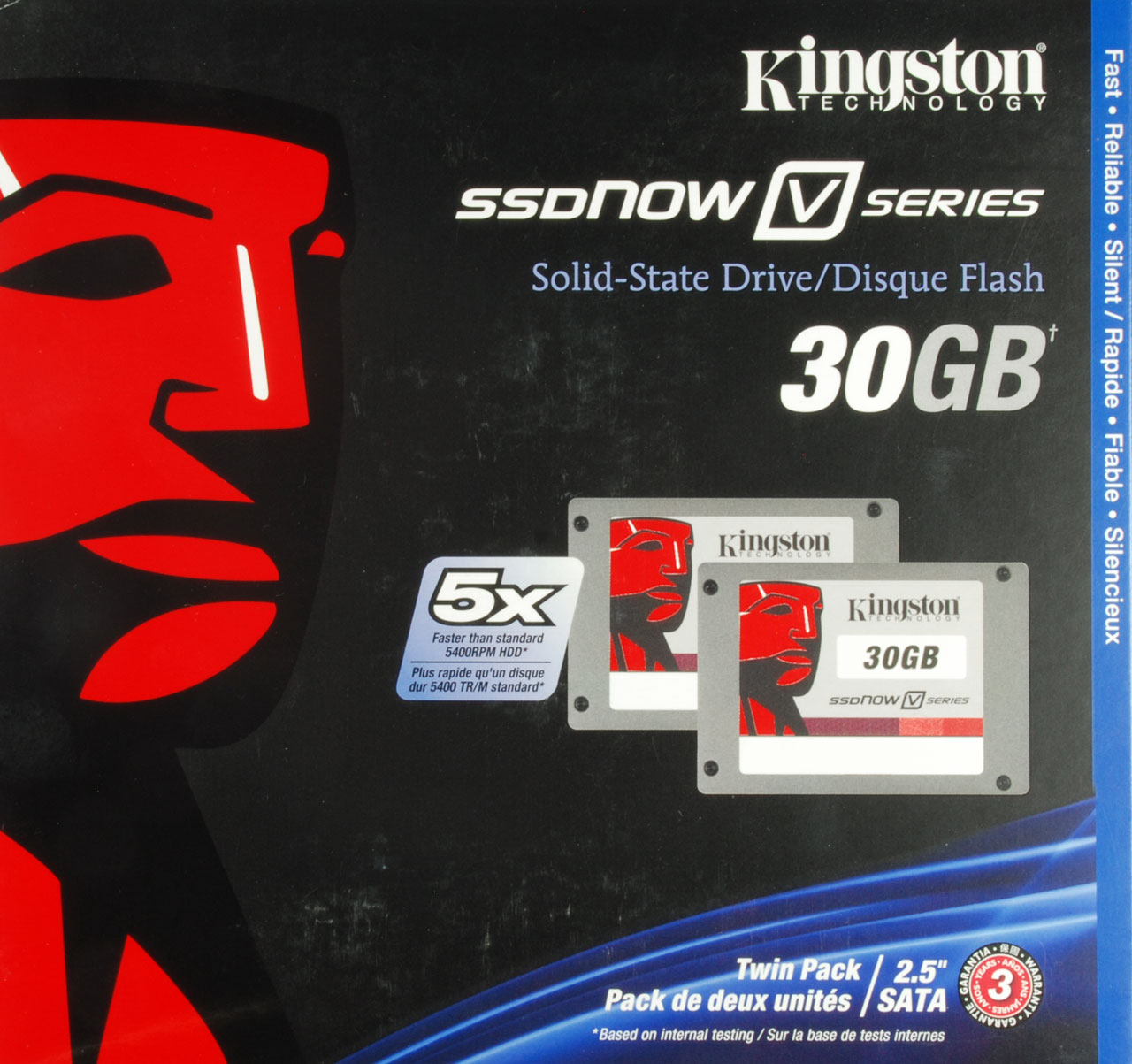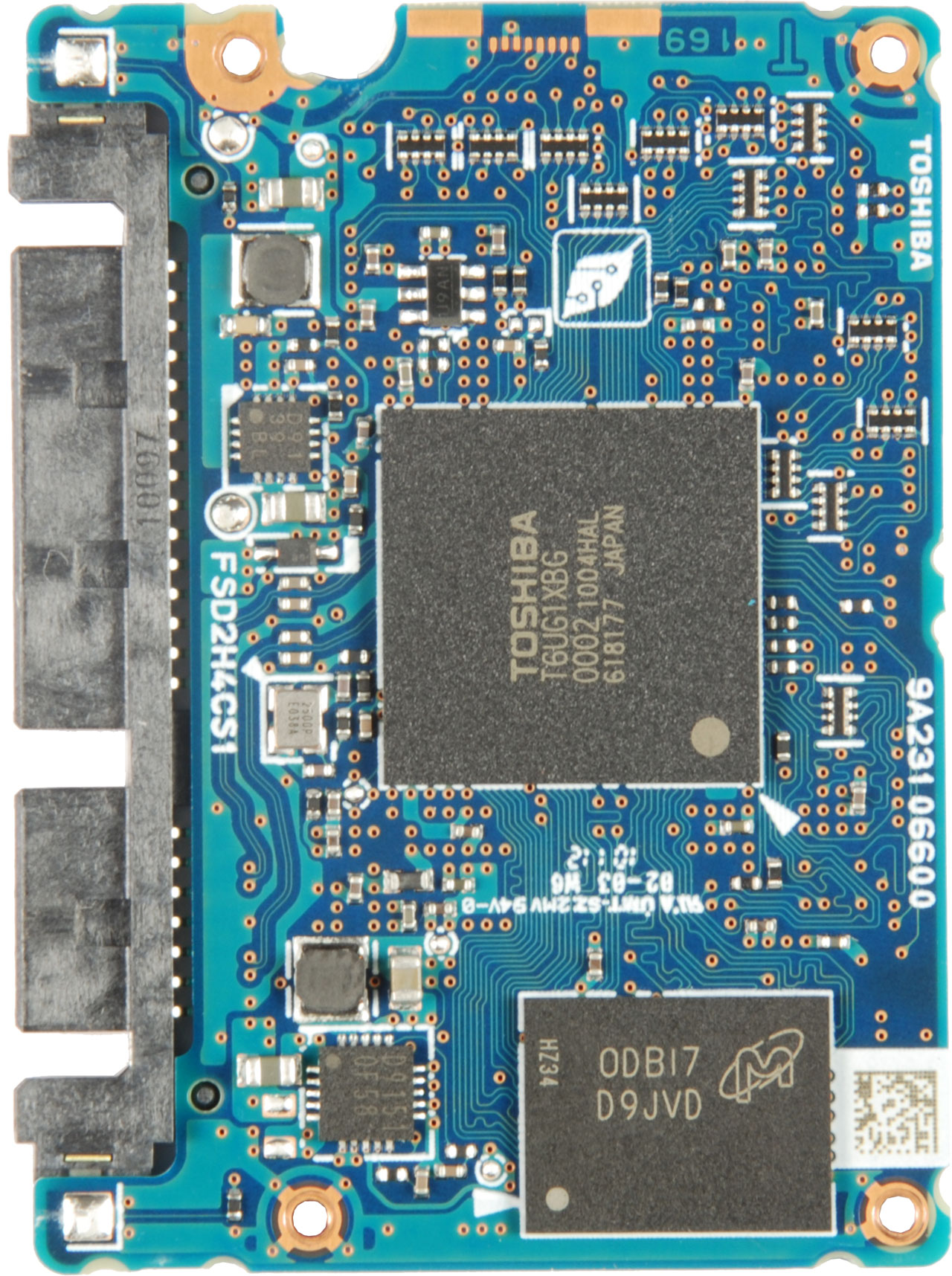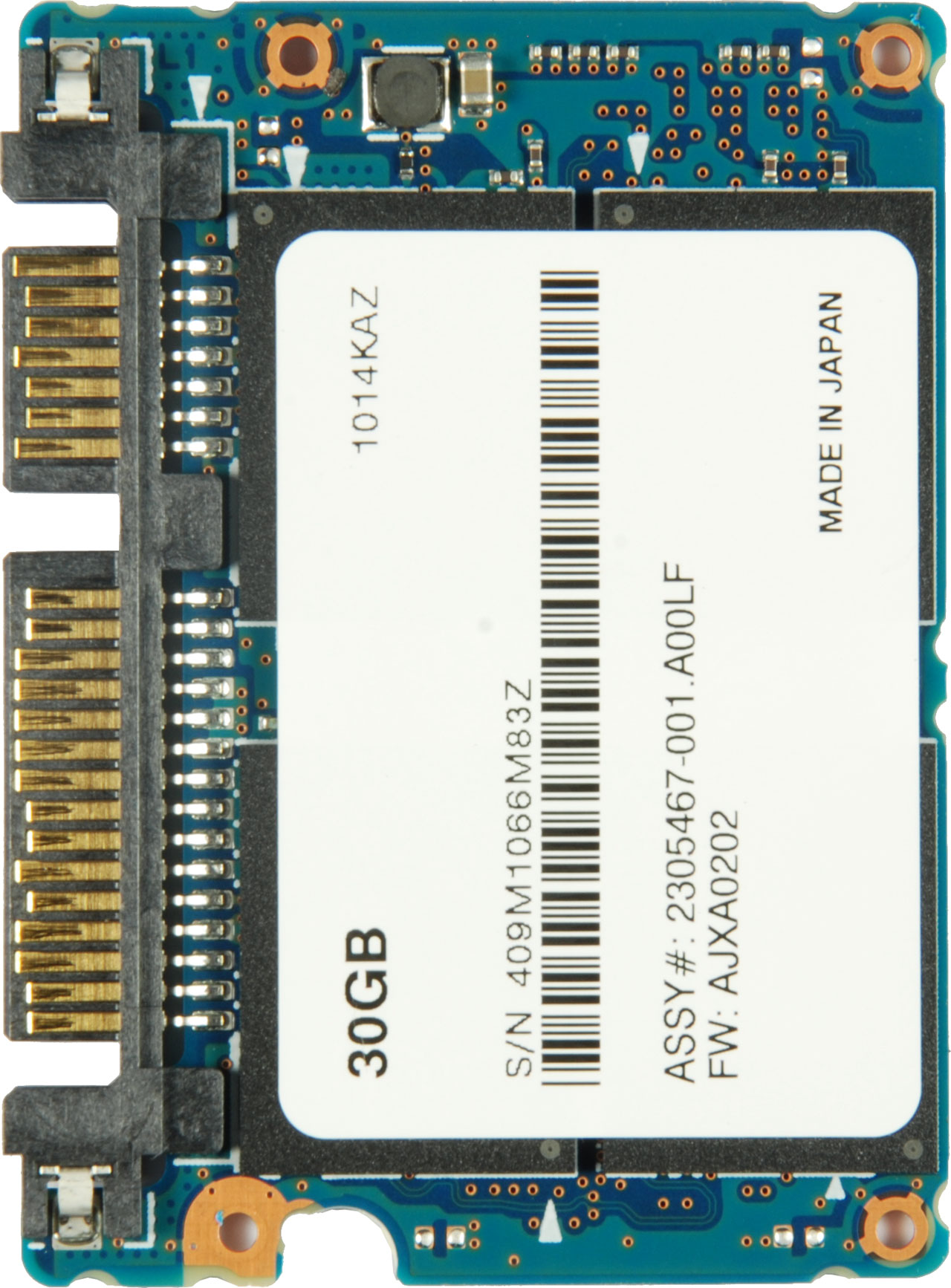SSD RAID: Do You Want A Cheap Array Or One Larger Drive?
You're on a budget. You want to know if it'd be better to stripe a couple of smaller SSDs or simply buy one larger performance-oriented drive. Today we're comparing one, two, and four 30 GB Kingston SSDNow V drives to Zalman’s new 128 GB N-series SSD.
Kingston SSDNow V 30 GB (RAID 0)
The SSDNow V is a legacy product, which is currently being replaced by the V100. However, all the newer SSDNow products start at 64 GB capacity. This isn’t a bad thing, but it makes the product less accessible for such a RAID configuration, as users might specifically want to use four SSDs to maximize throughput. Obviously, four 64 GB SSDs are clearly more expensive than four 30 GB models. In the end, somewhere around $150 for two 30 GB SSDs isn’t that bad.
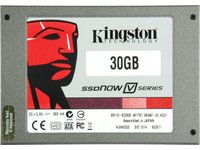
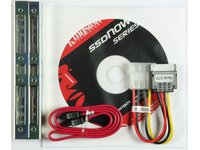
Be that as it may, we got ourselves two of Kingston’s SSDNow V 30 GB twin kits. This means that each kit consists of two 30 GB drives, providing us with a total of four test drives. All SSDNow products come with at least a three-year warranty, and the kits include a SATA cable and a Molex-to-SATA power cable. Finally, we also found mounting brackets inside the Kingston box. These are required to install the 2.5” SSDs into 3.5” drive bays for almost every desktop-class PC case.
Inside Kingston’s SSDNow V 30 GB
The SSDNow V 30 GB is based on Toshiba’s T6UG1XBG controller and Micron NAND flash memory chips. The solution typically provides limited I/O performance and nice throughput, but in such a minimum configuration with fewer flash memory channels and only 30 GB, we’ll see that the resulting performance does have its limits.
Kingston’s PCB is pretty small; it does not even use half of the footprint available on the 2.5” form factor. We doubt that this format could be recycled for the 1.8” form factor, but it would be technically possible to create a shorter 2.5” SSD based on this PCB. It’s also interesting to see that the entire PCB is labeled with ‘Toshiba.'
We used two and four of these SSDs for this article, each setup running in RAID 0 to maximize performance.
Get Tom's Hardware's best news and in-depth reviews, straight to your inbox.
Current page: Kingston SSDNow V 30 GB (RAID 0)
Prev Page Should You Go For SSD RAID? Next Page SandForce SSD: Zalman N-Series